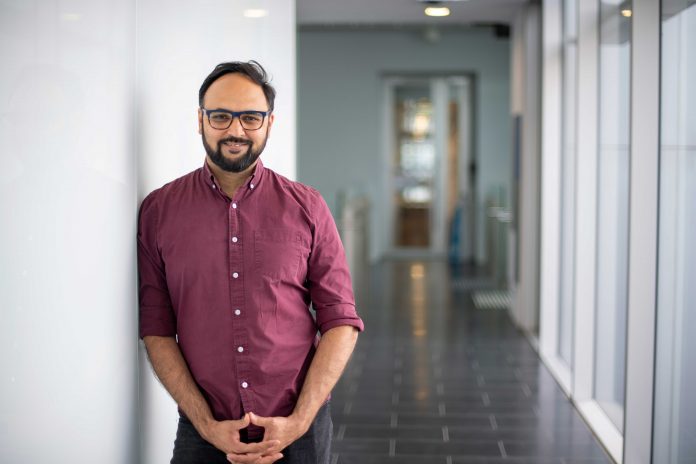New research that could lead to a vaccine for patients with hard-to-treat cancers has been backed with over $900,000 in funding from the Medical Research Future Fund (MRFF).
The WEHI-led project aims to enhance an emerging form of immunotherapy to improve outcomes for people with cancers that don’t respond well to existing treatments, including chemotherapy.
If successful, the research could lead to a landmark clinical trial for people with conditions like pancreatic and lung cancer within the next three years.
At a glance
- A WEHI-led collaboration with the Peter MacCallum Cancer Centre awarded over $900,000 in MRFF funding to develop a cancer vaccine for patients with limited treatment options.
- The team hopes to enhance dendritic cell-based vaccines – a promising treatment for cancer patients that involves supercharging their own cells to fight cancers.
- The research, stemming from a landmark discovery made at WEHI 30 years ago, could lead to the first clinical trial of its kind for cancer patients.
Dendritic cells (DC) are a special type of immune cell found in the body’s tissues, such as the skin. They play the role of immune sentinels that alert and then rid the body of ‘foreign’ invaders, including cancers.
DC vaccines involve taking a patient’s own stem cells and generating DCs in the lab. These supercharged DCs with a heightened ability to recognise ‘rogue’ cells are then injected back into a patient, where they can attack cancers more efficiently.
Project lead Associate Professor Shalin Naik said while people have experimented with DC-vaccine therapies for many years, this has involved the ‘wrong’ DCs.
“Dendritic cells come in many flavours, each with a different role,” he said.
“My team recently discovered a novel way to generate hundreds more of the ‘right’ type of DCs that can boost the body’s immune response – known as DC1s – from a patient’s stem cells,” he said.
“The inability to produce enough DCs to be injected back into patients remains a universal barrier that has prevented clinical trials from progressing for cancer patients.
“If successful, our project will lead to the very first DC1 vaccine platform, based on the engineering of human stem cells.
“Given our great track-record of generating DC1s, we are confident we can achieve this goal within the next three years, to help transform the quality of life for many cancer sufferers in Australia and around the world.”
DC1s were discovered at WEHI by pioneering immunologist, Professor Ken Shortman, in 1992.
Assoc Prof Naik and his team have leveraged this crucial discovery to validate a unique set of molecular regulators that can control DC differentiation, enabling them to make DC1s in unprecedented numbers.
Collaborative efforts
The new project ‘A novel stem cell-derived manufacturing platform for next-generation dendritic cell vaccines’ is a collaboration with the Peter MacCallum Cancer Centre.
The team hopes their research will lead to the manufacturing of DC1 vaccines for future Phase I clinical trials in Multiple Myeloma and solid cancers, including breast and colon cancers.
The research is funded through the Australian Government Department of Health and Aged Care’s Stem Cell Therapies Grant Opportunity.
Project team members: Dr Cindy Audiger, Professor Stephen Nutt, Dr Shengbo Zhang, Dr Sonja Flott and Dr Amanda Woon (WEHI), Professor Simon Harrison and Associate Professor Jane Oliaro (Peter MacCallum Cancer Centre).
About WEHI (Walter and Eliza Hall Institute of Medical Research)
WEHI is where the world’s brightest minds collaborate and innovate to make life-changing scientific discoveries that help people live healthier for longer. Our medical researchers have been serving the community for more than 100 years, making transformative discoveries in cancers, infectious and immune diseases, developmental disorders, and healthy ageing. WEHI brings together diverse and creative people with different experience and expertise to solve some of the world’s most complex health problems. With partners across science, health, government, industry, and philanthropy, we are committed to long-term discovery, collaboration, and translation. At WEHI, we are brighter together.
Find out more at www.wehi.edu.au
Text by: WEHI








